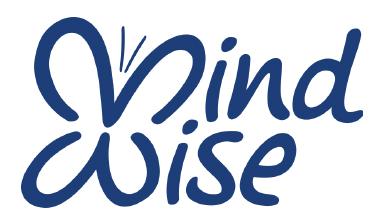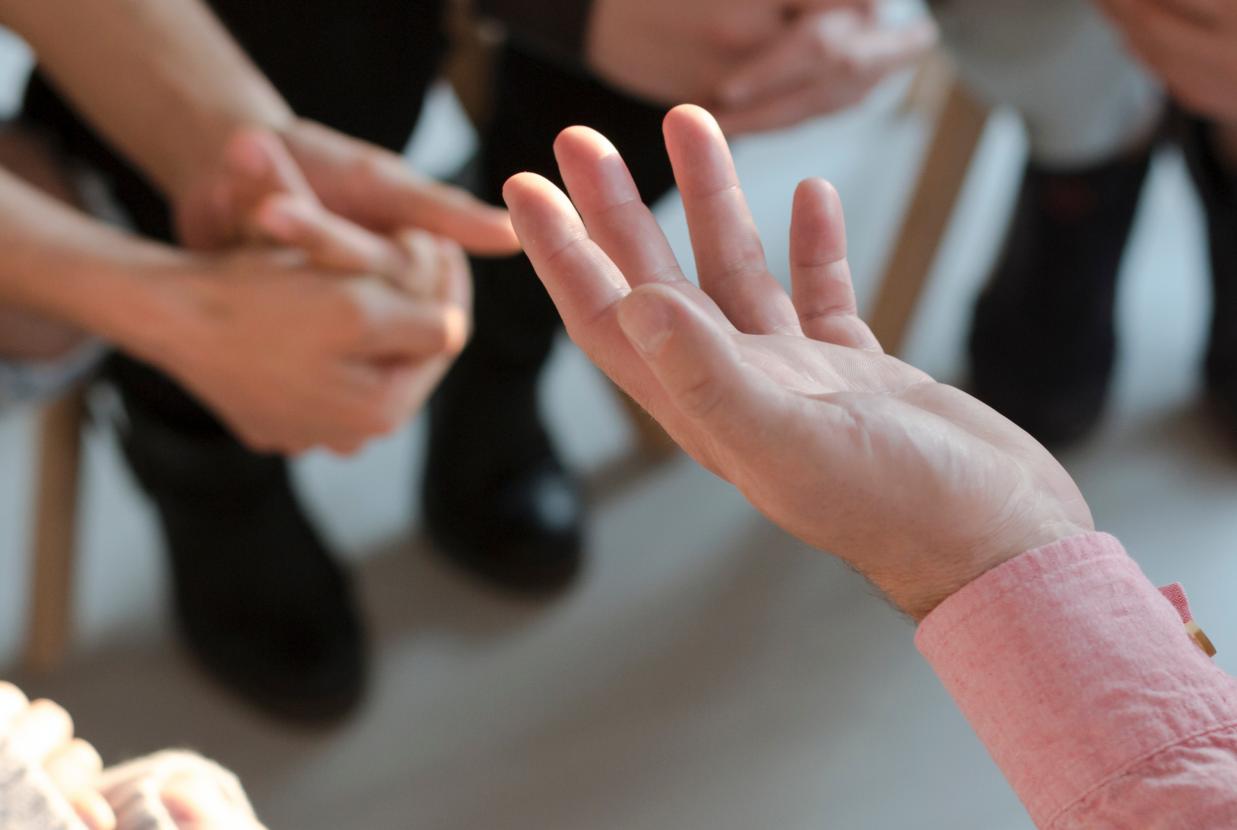How Hot Weather Can Affect Your Mental Health
Mental HealthWith heatwaves becoming more common - even in Northern Ireland - it's more important than ever to understand the impact hot weather can have on your mental health. Your medication effects, your sleep, and your routine can all be disrupted by hot weather. Here are 4 tips for looking after your mental health when the mercury is rising.
1. Check your medication
If you're taking medication for your mental health - especially if you're taking antipsychotics - it's really important to be aware that most antipsychotic medication impairs the body's ability to regulate temperature, meaning that you can over-heat more quickly than someone who isn't taking medication. It's a good idea to check out the side effects of your medication - you can find this information in the leaflet in the box, or online.
Examples of antipsychotic medication include:
- aripiprazole (Abilify)
- clozapine (Clozaril, Denzapine, Zaponex)
- olanzapine (Zypadhera, Zyprexa)
- quetiapine (Seroquel, Seroquel XL)
- haloperidol
Although they're usually prescribed to you if you have symptoms of schizophrenia or bipolar disorder, they are sometimes prescribed to you if you experience symptoms of depression, anxiety or borderline personality disorder.
Older tricyclic antidepressants also have this effect. Examples of these medications are:
- amitriptyline
- imipramine
- trazodone
Some SSRIs (such as Sertraline, Citalopram and Fluoxetine) can also affect how much you sweat - making you sweat more in hot temperatures. It's therefore really vital that you're drinking enough to replace the lost fluids.
Being aware that your medication impacts how you respond to hotter temperatures mean you can take steps to avoid it. You might also want to talk to your CPN or GP about ways to stay safe in the sun.
2. Know the symptoms of heat exhaustion
Heat exhaustion can affect anyone, but people taking psychiatric medication are more at risk, as are people who are very young or elderly. If you know someone who is at risk of heat exhaustion, it's also worth knowing the signs and what to do.
The signs of heat exhaustion include:
- a headache
- dizziness and confusion
- loss of appetite and feeling sick
- excessive sweating and pale, clammy skin
- cramps in the arms, legs and stomach
- fast breathing or pulse
- a high temperature of 38C or above
- being very thirsty
How to treat heat exhaustion
If you or someone else is experiencing heat exhaustion, the most important thing is to cool down.
- Move to a cool place indoors or in the shade.
- Lie down and raise your feet slightly.
- Drink plenty of water. Sports or rehydration drinks are OK.
- Cool your skin with water or cool packs.
If someone doesn't cool down within 30 minutes, then seek medical help as this can be a symptom of heatstroke, which is a medical emergency.
Symptoms of heatstroke include:
- feeling unwell after 30 minutes of resting in a cool place and drinking plenty of water
- not sweating even while feeling too hot
- a high temperature of 40C or above
- fast breathing or shortness of breath
- feeling confused
- a fit (seizure)
- loss of consciousness
- not responsive
You can take steps to prevent heat exhaustion by:
- Avoiding direct sunlight, especially during the hours of 11am-3pm
- Drinking lots of water and other hydrating drinks (like sports drinks), especially if you work a physical job or are exercising
- Wear light and loose fitting clothes
- Avoiding too much alcohol as this can make you more dehydrated
3. Get some sleep
Lack of sleep can be a trigger for many mental health conditions, especially bipolar disorder, depression and anxiety disorders. It can be much harder to get good quality sleep in hot weather. As well as the heat, hot weather can disrupt our normal routines which can make it more difficult to wind down.
If you're living with a mental health issue, it's important to prioritise rest. In hot weather, here are some things to try:
- Keeping the window shut during the day. Keeping your windows and blinds shut in the daytime will keep hot air out of your room.
- Opening the windows at night. If possible, try to get a flow of air through the room you're sleeping in.
- Filling a hot water bottle with cool water. You can fill a hot water bottle with cool water, freeze it and take it to bed in order to cool down
- Sleeping with only a sheet. Ditch the duvet and try sleeping in a light sheet.
4. Be mindful of your mood
Hot weather can make us all grumpy and short-tempered. It can be difficult to think straight when you're wiping sweat off your brow. If you're finding that you're being more snappy, irritable, or angrier than usual, maybe try some self-care techniques that work for you to help. If your mood is deteriorating badly and you are experiencing suicidal feelings, then it's important to get urgent help.














































































































